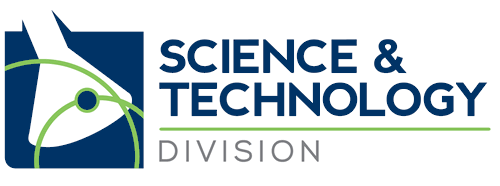by Patrick Weill, CT
Would you like to improve your level of success in translation or interpreting, or personally, according to your own definition of success? Me too. I have a four-part philosophy about how we can achieve this that I would like to share with you.
The four S’s refer to skill, sales, self, and service. Developing these four areas allows us to unlock our potential and to move more freely both professionally and personally. I’ve grouped them into two pairs: the more technical “skill and sales” pair, and the more personal “self and service” pair. The two parts of each pair and the two pairs themselves are mutually complementary.
The most recent installment, Part 3, Self, discussed the importance of investing in ourselves. Now that we have seen how to create a strong core, it is time to assess the value of using it to participate in a more powerful and more important process. Today I will write about the final “S”: service in a community.
Supposing that we have invested in ourselves and created a strong personal core, let’s talk about how to maintain it. The only way to achieve lasting success is to participate in some kind of community, focusing on others’ needs in addition to our own and acting as both a leader and a follower. This is the only route to victory. Why? Because a single, independent individual might be strong, happy, and able to deal with the ordinary challenges of life, but it is certain that we will at some point face extraordinary challenges, and at those times we will require help from our community, from the people around us.
Also, a group is more powerful than the sum of its parts. This is the bonus fifth “S”: synergy. In a group, we can accomplish more because we draw on the strengths and experience of others while contributing our own unique abilities. There are more resources available; however, teamwork and community imply conflict. There will always be conflict in any relationship or group, which leads to the conclusion that someone who is really giving life her or his best shot will have conflict in her or his life. The important thing, though, is to resolve this conflict, not to create more conflict. My idea is not to be afraid of conflict but to accept it with my chin up and eyes open as a necessary part of being a team player.
A related point of view was presented in Stephen R. Covey’s famous book, The 7 Habits of Highly Effective People. Dr. Covey wrote about the dependence-independence-interdependence spectrum. This spectrum describes our normal pattern of growth; we start out as dependent beings, then we learn to be independent, and finally we achieve interdependence, this final phase being one of the marks of a successful person. Interdependence means that we, as beings free from the burden of dependence, are able to contribute positively to the synergy that is only possible through teamwork.
If there is something I have learned here in Mexico, it is the value of teamwork. After all, I arrived at age 29 as a single man with few responsibilities, and now at age 41 I have a wife, three children, a dog, and a fish all under the same roof. Of course the nature of a person’s community will vary: perhaps your team situation is more professional, or maybe you tend towards having a significant network of friends. The general process is the same, though, regardless of the specific composition of our communities. Teamwork is not easy. Teamwork is not always fun. But if I could press rewind, would I choose something other than these last twelve years of teamwork experience and remain independent? Not in exchange for anything at all.
Patrick Weill has been living in central Mexico for 12 years and has been translating for 11 years. He is originally from northern California, and when not staring at a shiny screen, he enjoys spending time with family, listening to music, and exercising.

